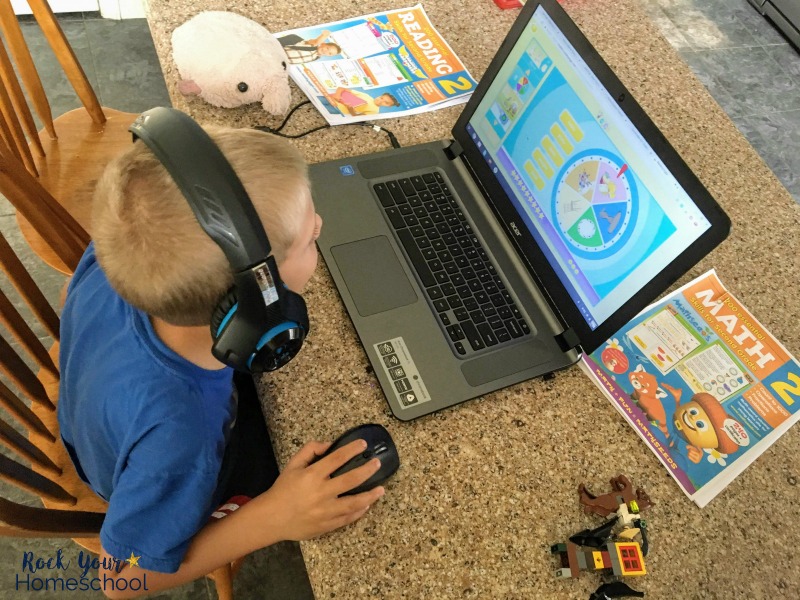Then you have an acquaintance who’s pursuing a college or publish-degree online. Possibly you’ve attended classes online to keep your education, obtain a certification, to be able to improve you chances for advancement within your job.
Growing figures of individuals have discovered they could earn their degree out of your accredited online college that gives the identical challenge superiority a standard classroom inside an atmosphere which helps those to fit education in to a existence that may be too busy for just about any more conventional method of instruction.
With different current government study, about 127,400 online learning courses were offered in 2001-02, there have been about 3.millions of enrollments in mastering online. Several-half of postsecondary education institutions offered online learning, and yet another twelve percent planned to supply online learning over the following 3 years.
Online learning is described as education or courses delivered to a web-based (off-campus) location via audio, video, or computer technologies. Courses conducted exclusively on campus, additionally to classes conducted exclusively via written correspondence, aren’t incorporated in this particular concept of distance.
It’s increasingly more apparent that technologies have expanded ale students to register in postsecondary education. Almost any type of learner can be helped by some form of online education. Furthermore for the rapid proliferation of latest courses and programs, universities and colleges are benefiting on the internet to improve the admissions process and supply potential students the opportunity to use online.
Online education enables you to definitely learn without developing a major upheaval within your existence. You can get online class rooms using any Net connection, anytime and almost anywhere. This round-the-clock access allows you to certainly download assignments, read and be a part of class discussions, review faculty feedback, and even more, all at occasions that are simple to your professional and personal schedule. A lot of students uncover this added versatility, which does not quit, helps to keep them on course toward cause real progress more readily when compared to rigid scheduling from the traditional learning atmosphere.
Additionally, there are evidence that negligence individuals students who be a part of postsecondary education both at home and workplace wouldn’t otherwise join postsecondary education. Thus, it appears that technology is opening untouched markets of potential students without significantly diminishing the quantity of students who’d join traditional universities and colleges, a couple of which will also be offering technology-mediated online learning.
Distance learners may also be generally happy with their online opportunity to learn. A big-scale national study of student participation in mastering online addressed student satisfaction of online learning classes and, when requested how satisfied they were utilizing their online learning classes in comparison with your family classes, most both undergraduate and former pupils were no less than as satisfied or maybe more happy with the grade of teaching inside their online learning classes as opposed to your family classes.
Possibly you’re ready to focus attention round the more fundamental question of the way students learn, regardless of the delivery system. Technology-mediated learning online is starting to alter so quickly it’s difficult for education experts to produce standards that adequately address the current status as well as the future potential in the online opportunity to learn.
Because experimental studies evaluating online learning courses with campus-based courses are actually in line with the concept that campus-based courses are the “defacto standard,” which may be open to question, it may be easier to abandon these studies. It appears that addressing how students learn and focusing on outcomes assessment may well be more lucrative.
Several organizations are suffering from standards and guidelines to make certain quality online learning, like the Southern Regional Electronic Campus, the country’s Education Association, as well as the Western Cooperative for Educational Telecommunications. The following advice cover areas for instance course development, evaluation and assessment, faculty support, and institutional support. Among the benchmarks, interactivity–between student and faculty, student and student, and student and understanding–could be the best element for effectiveness in mastering online.


Comments are closed.